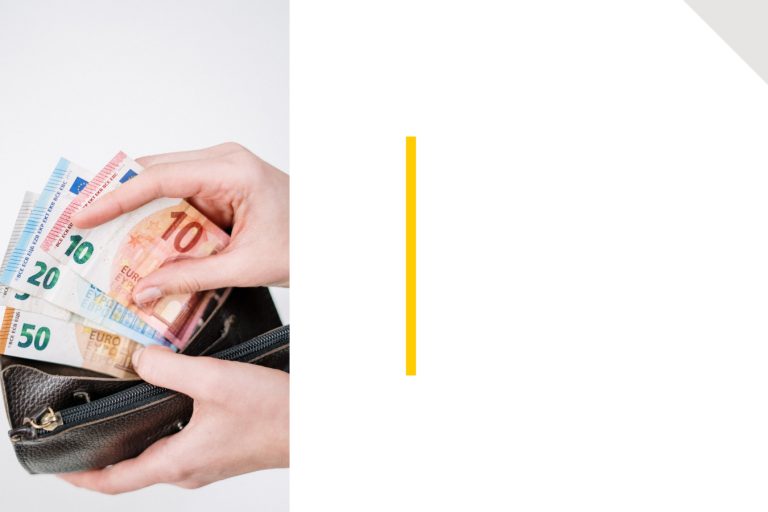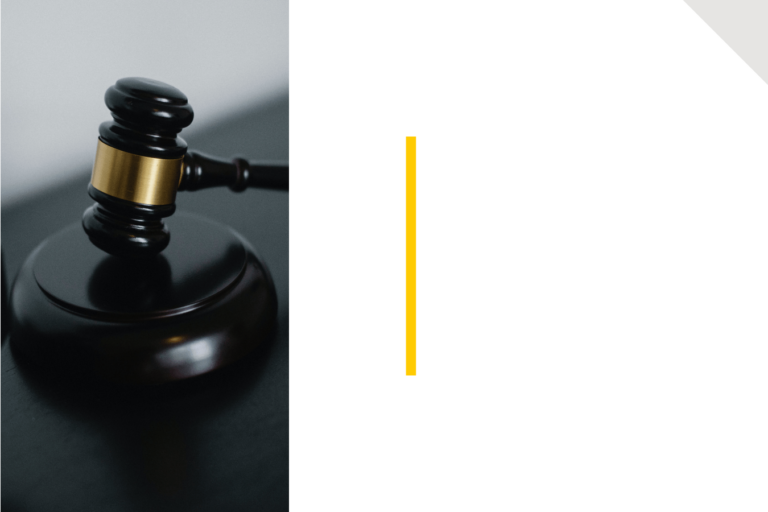Despite the recovering market, it is still common: overbidding. Therefore, an important question for every home seeker is: is overbidding your own money, or can you still borrow it from somewhere? In this blog, we explain exactly how overbidding is financed and what you should consider for your next offer.
Set a maximum budget
As a first step, it is always important to get a good understanding of your personal finances. Online there are several tools available to determine your maximum loan amount, but it is advisable to visit a mortgage consultant without any obligation. During an initial free consultation it is possible to determine what is possible. It is also always good for the seller of a house to know that you have done your homework!
Once you then understand your maximum loan amount, it is always wise to set a limit for yourself in advance. The fact that you can borrow up to a certain amount does not necessarily mean that you have to borrow the maximum amount. Take into account future plans, your lifestyle and unforeseen circumstances. In short: borrow consciously.
How much does my mortgage cover?
Before we can determine how to pay for overbidding, it is important to know the concept: loan-to-value. This amount is the basis of the mortgage and basically means: what percentage of the value can I borrow? At an LTV ratio of 100% you are allowed to borrow 100% of the value of a home, at a lower LTV ratio of 97%, for example, you have to pay the remaining 3% of the home value yourself. The loan-to-value is a beacon tool for borrowing more securely, after all, the mortgage amount is lower relative to the home value.
In the Netherlands this ratio is slowly decreasing every year, in 2014, for example, it was still at 104%, this made it easier to include the Kosten Koper (costs for the notary and appraiser, for example) in the mortgage application. This year the LTV ratio has been set at 100%, yet this is still significantly higher than in Belgium, for example, where it is only 90%.
When is overbidding your own money?
With an LTV of 100%, the consumer must pay the buyer's costs anyway, as the mortgage loan is only intended for the purchase of the house (except for sustainability measures). When bidding on a house above the asking price, it is very important to know the value of the house. In the appraisal report, the appraiser provides a value for the mortgage lender (the bank).
Example: if you have made an offer of €315,000 for a house worth €300,000, it is important that the appraiser also considers the house to be worth €315,000, because the bank will use this as collateral. If the appraiser finds the house to be worth €315,000 or more, you can include the overbid in your mortgage. If the appraised value is lower than €315,000, the buyer must pay the difference from his own resources. This can be from savings, or any excess value from your previous home.
In the above example, the risks of overbidding quickly become clear. For example, if the appraisal value is not achieved and you do not have sufficient funds? Then chances are that you will have to pay the standard penalty of 1% of the purchase price and will not be allowed to buy the house.
Need help with bidding?
We hope this blog has given you more insight into the structure of an overbid. If you are still unsure about a particular bid, please feel free to contact one of the affiliates of Eerlijk Bieden.




